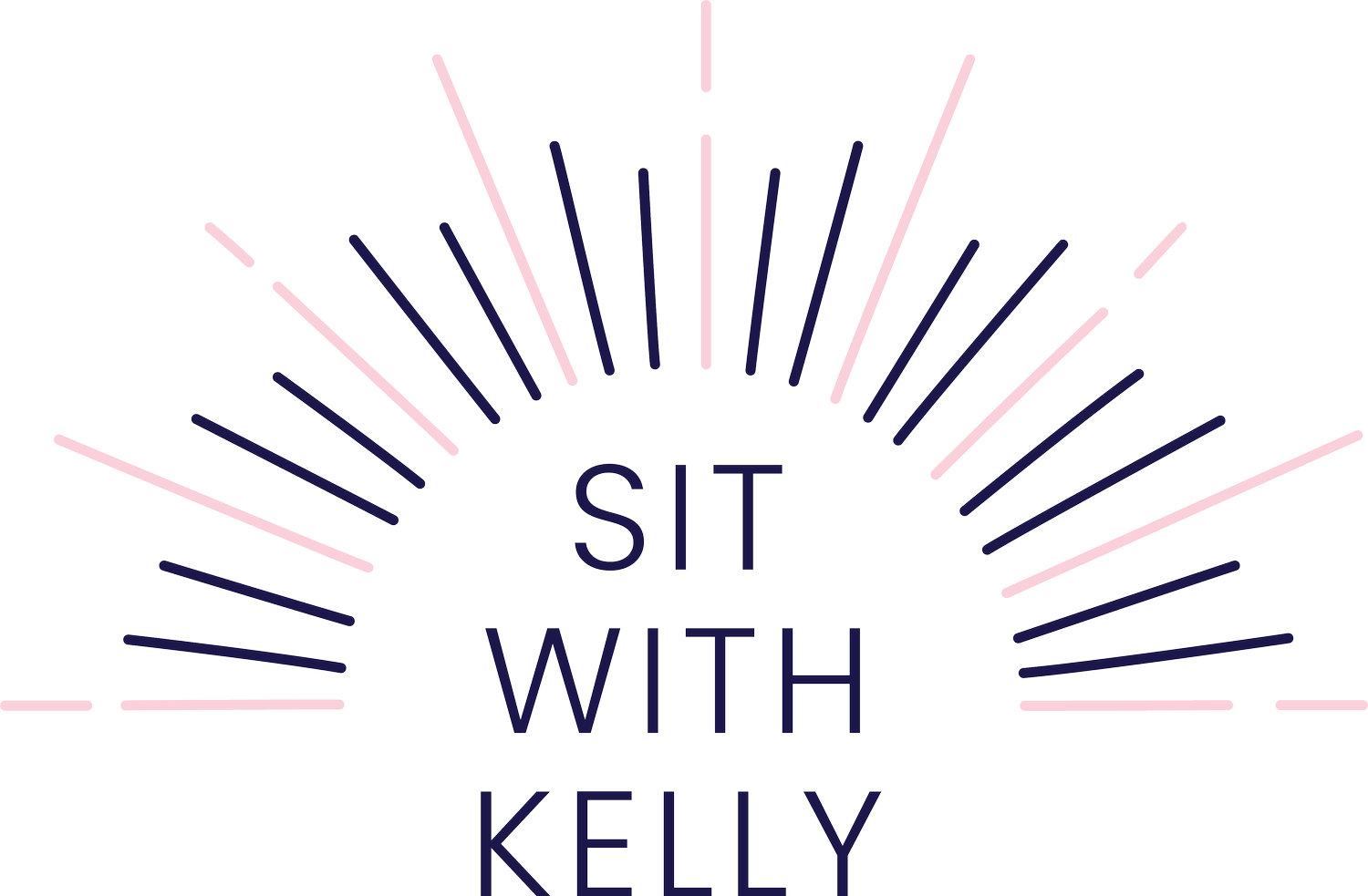Morning Routine for Anxiety
There are likely little bits of your current morning routine that make your anxiety worse than you might realize. Thankfully, when it comes to matters of the mind, it is also the little things that add up to positive change.
The value behind starting your day in a gentler, more balanced way is not only to reduce your anxiety but also to set yourself up for a calmer, more enjoyable day ahead.
The key to creating a morning routine for anxiety is to create it with intention. Start to think of your mornings like you would your Instagram feed: a purposeful and curated look at what you see, or in this case, how you want to feel.
Does your morning routine need a reset?
Here are a few straightforward steps to consider incorporating into your morning routine for anxiety:
Rethink your alarm.
The very first thing you hear when you wake up is your alarm. Is it time to think about how well the ear-splitting sound of your current alarm is working out for you?
Unless you’re an insanely heavy sleeper, you don’t need to submit to an adrenaline boost each morning just to wake up. I’m not necessarily suggesting a change in volume if you’ve found what works; although, you can utilize alarm sounds that gradually become louder, which can help you wake up feeling less stressed.
In either case, consider changing the sound itself to something less aggressive and calmer.
If you’re ready to kick your morning routine up a notch and bring your anxiety down, sunrise alarm clocks that expose you to artificial sunlight will help you wake with a normal sense of alertness rather than a sudden one.
Leave your phone behind.
First thing's first. Finish this routine before you look at your phone. This means no text replies, no social feed scrolls, and absolutely no emails.
This is your time to recharge yourself for the day, not your phone.
Take five deep, cleansing breaths.
Meditation and breathwork might be starting to sound like a cliché, but it's a science — breathing deeply relieves stress and anxiety. Plus, your body and mind need fresh oxygen in the morning to feel energized and think clearly.
If you're new to this, start with just five breaths. You don’t even have to get out of bed - just sit up straight and breathe while under the comfort of your covers.
Here’s how to do it: take a deep breath in through your nose, hold it for a moment, then fully release the breath through your mouth. You can let out a sigh or “ahh” sound as you do this, especially if you’re feeling particularly anxious.
Enjoy a slow, healthy breakfast.
You don’t have to dive right into work first thing in the morning unless you seriously overslept. On that note, set your alarm a few minutes early, so you don’t have to work or rush through your breakfast. Sit up straight and chew slowly.
Did you know certain foods reduce anxiety? Try adding avocado, blueberries, yogurt, or whole grains to your breakfast menu.
Use this time to do something you enjoy but requires zero effort, like listening to music or watching a funny YouTube video. Whatever you do, take it all in, and recollect how positive the start of your day has been so far.
Write it out.
Don't overwhelm yourself by thinking journaling has to entail full-page entries each morning. You can stick to words or simple phrases, jotting down your emotions or a few things you are grateful for.
Your morning routine for anxiety doesn't have to be complicated. It's not about waking up at 5 a.m. and meditating for an hour. This is about starting your day off on the right foot, with the intention that it will lead you to feel less anxious throughout the entire day.
So, relax, take a deep breath (or five), and remember: You got this!
Remember: this post is for informational purposes only and may not be the best fit for you and your personal situation. It shall not be construed as legal, financial, or medical advice. The information and education provided here is not intended or implied to supplement or replace professional advice of your own attorney, accountant, physician, or financial advisor. Always check with your own physician, attorney, financial advisor, accountant, or other business or medical professional before trying or implementing any information read here.

